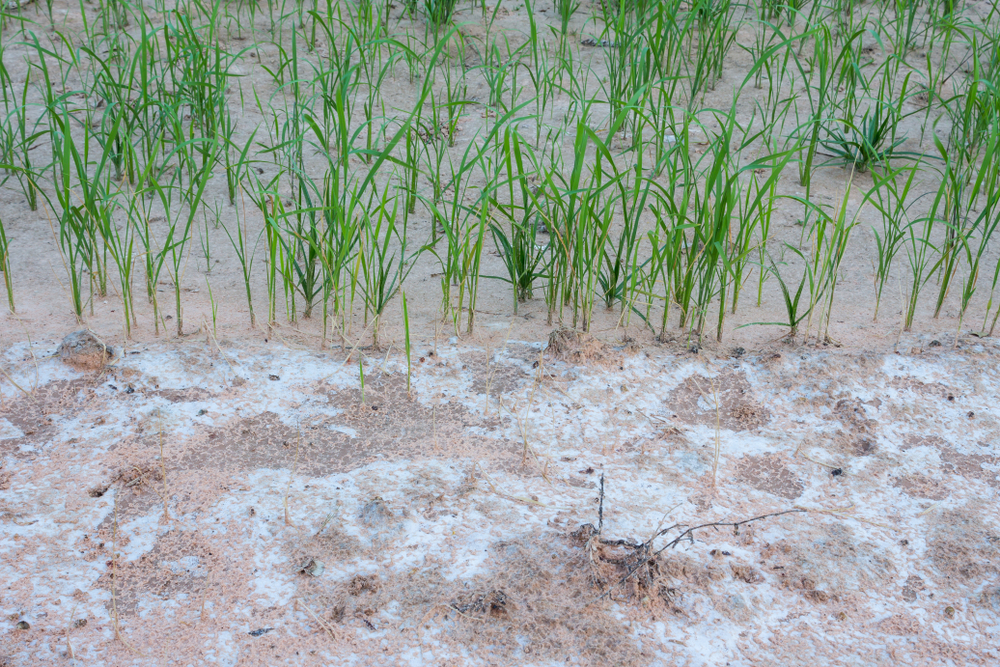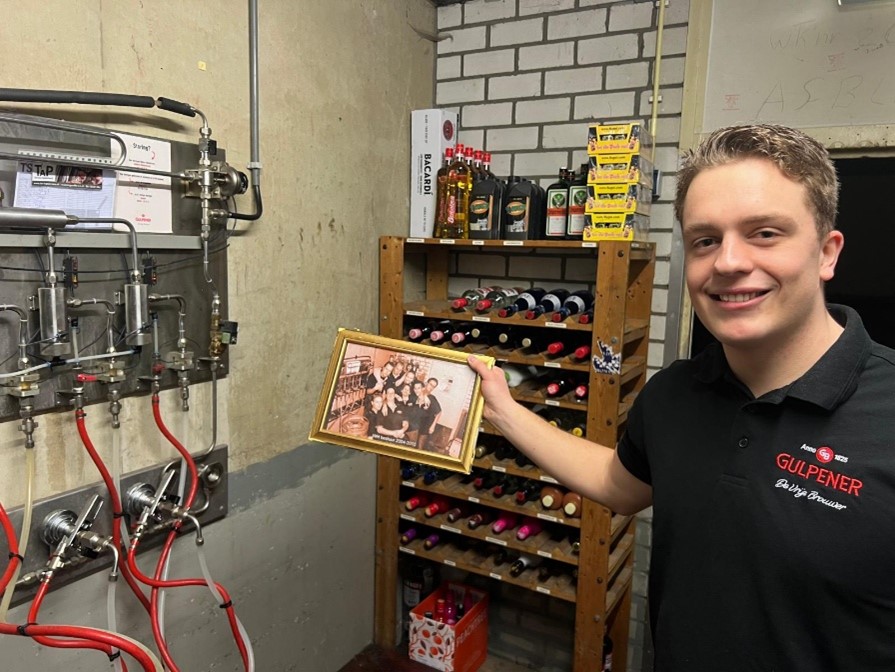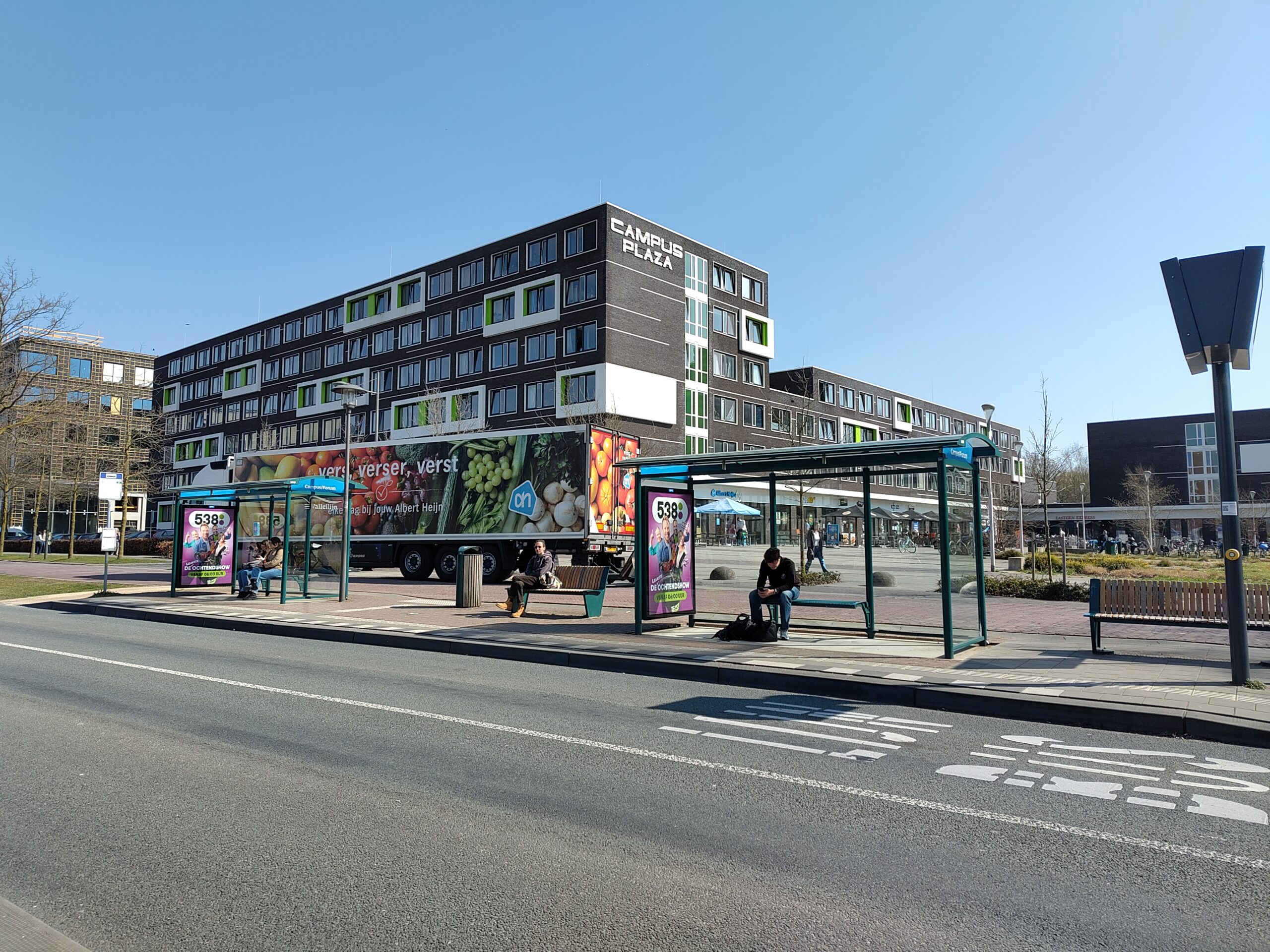Global leaders of some two hundred countries are gathered in Glasgow until 12 November for the climate summit COP26. This summit is seen as possibly the last opportunity to limit the earth’s warming. During the COP26, Resource publishes a series on WUR experts and relevant issues. In this issue, Judit Snethlage, who works on salination.
Climate change is responsible for an increased level of salt in water. Snethlage collaborated with the Dutch Government, the world food organisation FAO and the Vrije Universiteit for a session on saline agriculture at the climate summit. The session is to be presented today by Saleemul Huq, director of the International Centre for Climate Change and Development in Bangladesh. By placing salination on the agenda, the researchers aim to bridge the gap between water security and food security.
Sea levels
Salination is increasing in Bangladesh. Not just as a result of the rising sea levels but also because rising temperatures increase the evaporation of water, which leaves more salt in the soil. WUR conducts much research with Bangladesh on how the country can address this issue.
The focus is on seeking integrated solutions, Snethlage states. ‘We use the Food Systems Approach. This method enables us to determine what factors and considerations influence the food system as a whole. This allows you to consider what effect salination has on cattle. Saltwater has a negative effect on cows if they drink it directly. But if you could grow salt-resistant grass varieties that cows can eat, this may well be a solution.’
Gewassen
Solutions that take crops, soils and water management into account are increasingly needed, says Snethlage. Researchers study what measures work so that evidence-based solutions become available for policy-makers.
Salination occurs in all of the world’s delta areas, including in the Dutch coastal provinces. It is expected to play an increasing role in the future. WUR conducts research in the Netherlands as well, for example, on crops that thrive under saline conditions.
The presentation on salination can be followed here. Time: 18:00-18:45 hrs (Dutch time).

 Salination, photo Shutterstock
Salination, photo Shutterstock 

